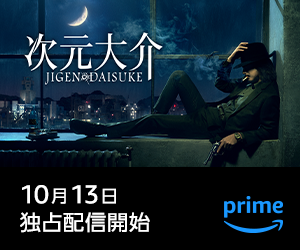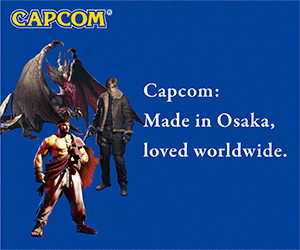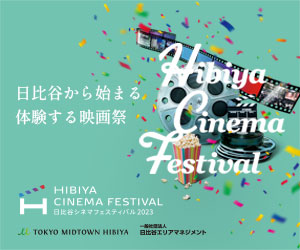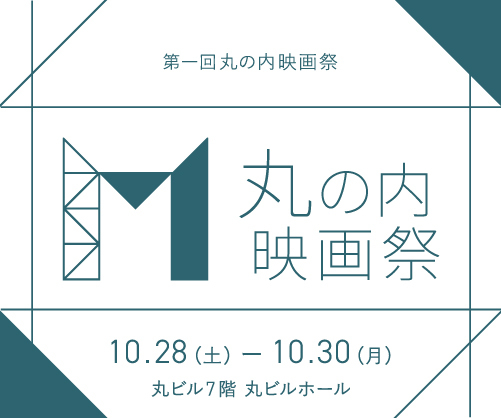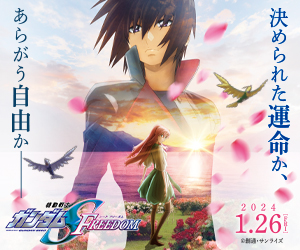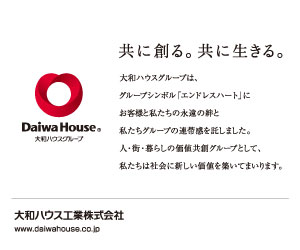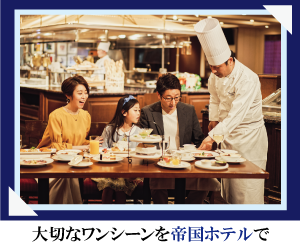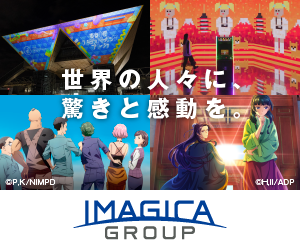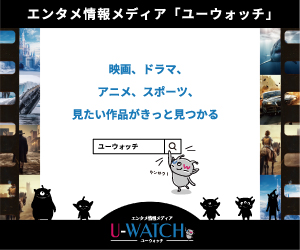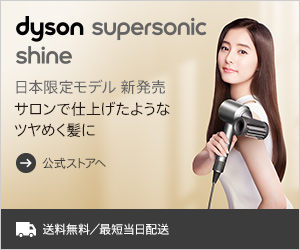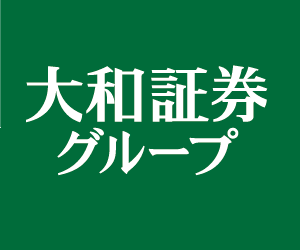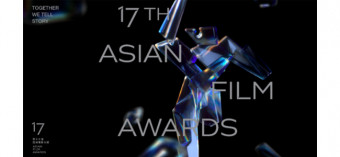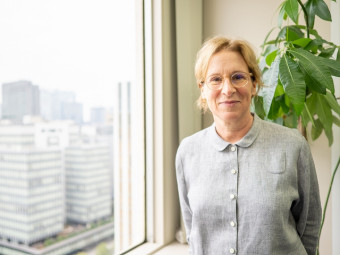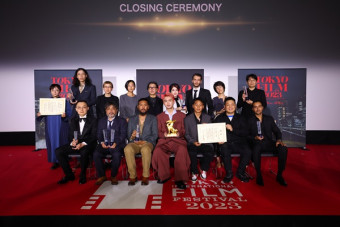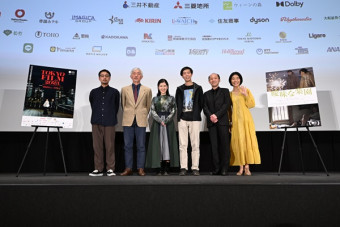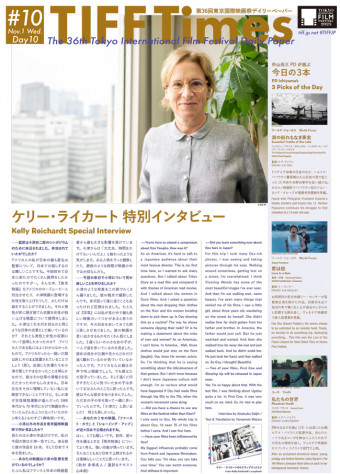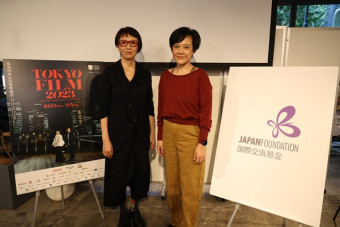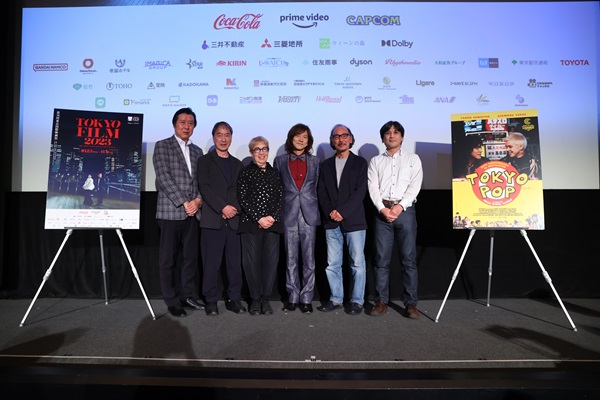
Who hasn’t tried to get their hands on a DVD of a favorite independent film, only to discover that it was never released on DVD and is no longer available in the public realm? Case in point: the groundbreaking (life-changing, for some) 1988 film Tokyo Pop. Directed by New Yorker Fran Rubel Kuzui, the first American woman to set a bilingual, bicultural love story in the Japanese capital, the newly restored 4K version had its Japan premiere in front of a packed audience at the 36th Tokyo International Film Festival on October 30.
And it came with loads of extras: along with introductory remarks by Kuzui and her co-producer (and husband), Kuzui Kaz, the evening also included a surprise appearance by one of the film’s stars, and a symposium with several experts discussing the importance of restoring independent film.
The director opened the event by recalling, “I wrote this film on a typewriter, when we were all excited about Madonna and the Teenage Mutant Ninja Turtles. It was a very peaceful, wonderful time with lots of potential. Spike Lee and the Coen Brothers read my script and said they’d introduce me to a cameraman and other crew members. When I restored the film it was almost like an opportunity to remake the film. Each time I watched, I was so impressed by all the talent involved.”
After introducing several actors who were in the audience, along with her “incredible” assistant/translator on the film, Tacy Miller, Kuzui said, “Last year, on exactly the 35th anniversary of the date that Tokyo Pop had opened in theaters in the US, Kaz and I were walking down a street in Toyama and we saw a lovely light coming from a store. We decided to go take a look at the shop and it actually turned out to be a temple. Standing inside was Mr. Kawakami (she indicated the man next to her). The next morning, we received an email from him with the most incredible story.”
Kawakami told the audience, “I’m dressed like a Buddhist monk not because of Halloween, but because I am a Buddhist monk.” But when he was a young man, he reminisced, “I came to Tokyo to live. It was a very big city and really exciting for me when I was 19, and one of the things I did was watch Tokyo Pop in Shinjuku. It had such an impact on me. I felt a real empathy for the character of Wendy, since both of us had come from far away to Tokyo. I came today to see an old friend.”
Before the lights went down, Kuzui said, “That’s the point of film restoration, not to lose touch with our old friends. If you’re seeing Tokyo Pop tonight for the first time, I hope you meet a new friend.”
The film is a love letter to Tokyo, to rock music, to following your dreams and to being ballsy when the occasion calls for it. It follows Wendy Reed (Carrie Hamilton), a long-legged, Goth-dressing, bleached-blonde singer who flees New York on the spur of the moment to visit an old friend in Tokyo. With the old friend off in Thailand, Wendy takes a job in a hostess bar and auditions to sing in bands on the side. One night she hooks up with a smiley, shaggy rocker named Hiro (Yutaka Tadokoro aka Diamond Yukai), who dreams of singing like Frank Sinatra (but sounds more like Joe Cocker). His bandmates see the benefit of having a towering “gaijin” vocalist in the ensemble and she transforms before their eyes into a beautiful belter. But the couple’s nearly instant success take a toll, as does the constant cultural clashes and Wendy’s growing homesickness. Their parting is as sweet and satisfying as their romance has been, and empowers both of them to write their own music, and to sing it with touching conviction.
After the applause died down, surprise guest Diamond Yukai took to the stage, looking as if he hadn’t aged a year over the past 35. He told the audience that he had been at the Los Angeles premiere of the 4K restoration earlier this year. “It’s kinda strange to say so, but I was really touched, watching myself,” he admitted. “And I think the film touched people even more after 35 years.” He noted it was wonderful to see those, like Carrie Hamilton (who died in 2002), who “are no longer with us,” looking so lively onscreen. “And it’s so nice to see Japan at the height of economic prosperity.”
Tadokoro then took a seat in the audience to watch the symposium, since “I’m separated from my wife right now, so I need to ’study’ how to restore my relationship with her.”
Moderated by Takeo Hisamatsu, independent producer and former head of TIFF, the panel included
Kuzui, Koga Shinsuke, CEO of The Fool, and Osawa Jo, chief researcher at the National Film Archive Japan (NFAJ).
Hisamatsu commented that Tokyo Pop could only be restored because the Kuzuis were able to locate the original negative. “Unfortunately, that’s not the case with a lot of films,” he noted. “Once the materials are lost, there’s no way to screen these films, the audience can’t see them, and in a way, they’re dead. But there is an active movement in the US to restore such films.”
Kuzui said, “Restoring the film was really an adventure. It was shown at the Cannes Film Festival and theatrical releases in the US, Europe and Asia. But at just about the time of the VHS release, the distributor (Spectrafilm) went bankrupt and just disappeared. All I had left was a VHS copy of the film, and no VHS player anymore. I had many requests from festivals to show the film, but when I told them ‘I can send you a VHS,’ it never got shown anywhere. It’s the same situation with so many films, including many Japanese films.”
Then in 2019, the Japan Society in New York found a print of the film at the Academy Film Archives.
“They called and asked if I would like to come and show the film — they were doing a special series on films made in Japan by foreigners. I was just shocked. After the screening, a woman stood up and said, ‘I’m Sandra Schulberg of IndieCollect, and I’d like to restore your film. I’ll be using funds from the Jane Fonda Fund for Women Directors, and our mission is to support women like you.’”
IndieCollect is a nonprofit organization launched in 2008 to save American independent cinema. “There are several organizations like this in the US,” noted Kuzui, “but it’s one of the most advanced. They have their own equipment and they can scan a 35mm negative into a digital file in their own offices. They work with the Hollywood Foreign Press Association. Along with HFPA and Jane Fonda, they pledged to restore my film.”
She continued, “Then I got a call one day from lab used by my US distributor. They said I should come and take possession of my negative because it would be thrown away otherwise. So we had it sent to a lab in LA. By then, I was feeling as if the film didn’t deserve to be preserved, but when IndieCollect said they would restore it, I started to feel more confident. Independent filmmakers can sometimes feel unsupported or disregarded simply because they’re independent.”
“But COVID started in 2020 and everything closed down. I mentioned the restoration to my two good friends Dolly Parton and Carol Burnett (who happens to be Carrie Hamilton’s mother), and they mentioned to IndieCollect that whatever funds they lacked to complete the restoration, they would provide. And I realized that most independent filmmakers lack advocates. I was so lucky to have them.
“In September 2021, IndieCollect got an urgent phone call saying that the lab where I was storing all the materials was about to go bankrupt because of COVID. Because it was during the pandemic, no one was able to go there to pack stuff up and fill out FedEx forms to ship it to the Academy Archives. One executive from the Academy drove over by himself in his car, packed it all in, drove it back and stuck it into the lobby of the archives, which were closed but he fortunately had a key.”
“Then we got a phone call from Kino Lorber in New York, a wonderful distributor, and they said they wanted to release the film when it was ready. It’s essential that small distributors and streamers survive, because they’re the ones who are keeping classic films alive.”
Koga Shunsuke, who had produced the Private Detective Hamma Mike series by Hayashi Kaizo (1994-5) and recently restored it here in Japan before rereleasing it, recalled that for a long time he didn’t have a chance to digitize the series, and didn’t own the rights. “I decided to sell the remastered films by going to streamers and broadcasters and asking, ‘if I digitized the series, how much would you pay for the rights?’ Then I added up the amount and went to a digital restorer and asked if they would give me a deal, because I’m a frequent customer. Then I went back to the rights holder and told them we had a chance to make some money if we did this, and luckily, they agreed. We did a theatrical release, then the series will be broadcast and released on Blu-ray. But that’s because it was originally a box office hit. There are lots of films that weren’t hits, and that’s a big problem for them (in terms of being able to digitize).”
The NFAJ’s Osawa mentioned, “One problem is whether the film was made before or after 1980. Before 1980, the big studios were the main producers of films in Japan. After 1980, all these independent films were made. Another problem is that films were shoot on celluloid until about 2010, when the digital shift occurred. A lot of indie films were made digitally.”
“Copyrights are another problem, as well as where the film negatives are stored. If you’re not a copyright holder, you can’t touch them. But in many cases, the rights holders are not film companies, they’re often in other businesses, and may have forgotten that they’ve even made films. There are also legal problems. We’re a national organization, and NFAJ is different from the National Diet Library. There’s a law saying that every publication in Japan must be stored at the Diet Library, but there are no laws for films. So we have to go individually to each rights holder to negotiate.”
Hisamatsu asked Osawa to explain the ‘digital dilemma’ He replied: “People often think that digital doesn’t deteriorate and the data is safe forever. But it can be deleted by mistake, and it must be stored in a material like a hard disk. File formats and memory devices are always evolving and changing, and we have to keep up with those. There is no format that is safe for 100 years.”
Asked whether an NPO like IndieCollect exists in Japan, Koga said, “We have lots of passion, but no money in the indie film industry. Also, it’s difficult to select which films to digitize, and everyone has a different opinion about which should be saved.”
Said Osawa, “What we’re starting to do now is to have screenings of post-1980s films so that we have an excuse to reach out and find the materials. We’re the only large-scale archive in Japan, whereas America has four or five of them. Japan used to make a lot of films every year, and with digital formats, it’s increased to 700-1,000 films a year. We should focus on Japanese films at NFAJ, but we can’t only focus on the independent films. It’s wonderful that in the US, the Academy Archives could work together with IndieCollect to restore Tokyo Pop.”
Said Kuzui, “I think the first step is to empower filmmakers to want to restore their films and to spend the time to do it. I spent literally hundreds of hours with the colorist, going through every frame of the film.”
The cause is not only worthwhile, of course, but it is pressing. The very next day, on October 31, 2023, the Tokyo Lab is scheduled to close down. It’s the final day for those storing film materials at the lab to pick them up before it’s too late. As Osawa explained, “This is an urgent problem. We’ve been in discussions with the parent company, Toho, to try to rescue the films stored there. There are 20,000 films that could be destroyed and only a little time left to save them.”
Symposium: Special Program
Screening of Tokyo Pop and Symposium
Guests: Fran Rubel Kuzui (Filmmaker), Koga Shunsuke (Film Producer), Osawa Jo (Chief researcher of National Film Archive of Japan)
Moderator: Hisamatsu Takeo












